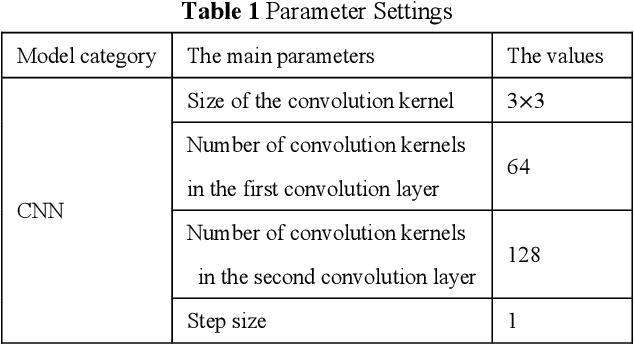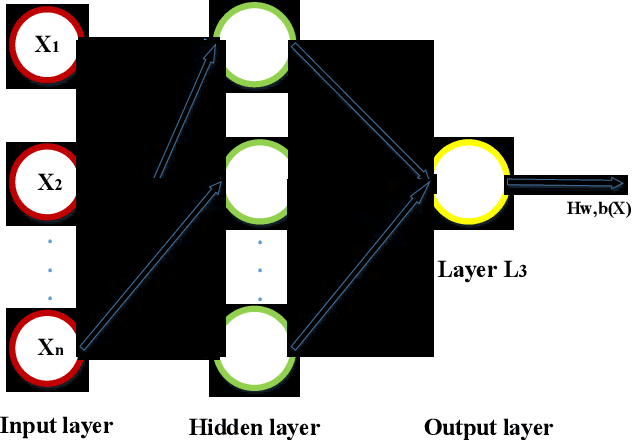Jingru Feng
Privacy-preserving household load forecasting based on non-intrusive load monitoring: A federated deep learning approach
Jun 30, 2022



Abstract:Load forecasting is very essential in the analysis and grid planning of power systems. For this reason, we first propose a household load forecasting method based on federated deep learning and non-intrusive load monitoring (NILM). For all we know, this is the first research on federated learning (FL) in household load forecasting based on NILM. In this method, the integrated power is decomposed into individual device power by non-intrusive load monitoring, and the power of individual appliances is predicted separately using a federated deep learning model. Finally, the predicted power values of individual appliances are aggregated to form the total power prediction. Specifically, by separately predicting the electrical equipment to obtain the predicted power, it avoids the error caused by the strong time dependence in the power signal of a single device. And in the federated deep learning prediction model, the household owners with the power data share the parameters of the local model instead of the local power data, guaranteeing the privacy of the household user data. The case results demonstrate that the proposed approach provides a better prediction effect than the traditional methodology that directly predicts the aggregated signal as a whole. In addition, experiments in various federated learning environments are designed and implemented to validate the validity of this methodology.
Non-intrusive load decomposition based on CNN-LSTM hybrid deep learning model
Sep 02, 2021



Abstract:With the rapid development of science and technology, the problem of energy load monitoring and decomposition of electrical equipment has been receiving widespread attention from academia and industry. For the purpose of improving the performance of non-intrusive load decomposition, a non-intrusive load decomposition method based on a hybrid deep learning model is proposed. In this method, first of all, the data set is normalized and preprocessed. Secondly, a hybrid deep learning model integrating convolutional neural network (CNN) with long short-term memory network (LSTM) is constructed to fully excavate the spatial and temporal characteristics of load data. Finally, different evaluation indicators are used to analyze the mixture. The model is fully evaluated, and contrasted with the traditional single deep learning model. Experimental results on the open dataset UK-DALE show that the proposed algorithm improves the performance of the whole network system. In this paper, the proposed decomposition method is compared with the existing traditional deep learning load decomposition method. At the same time, compared with the obtained methods: spectral decomposition, EMS, LSTM-RNN, and other algorithms, the accuracy of load decomposition is significantly improved, and the test accuracy reaches 98%.
 Add to Chrome
Add to Chrome Add to Firefox
Add to Firefox Add to Edge
Add to Edge